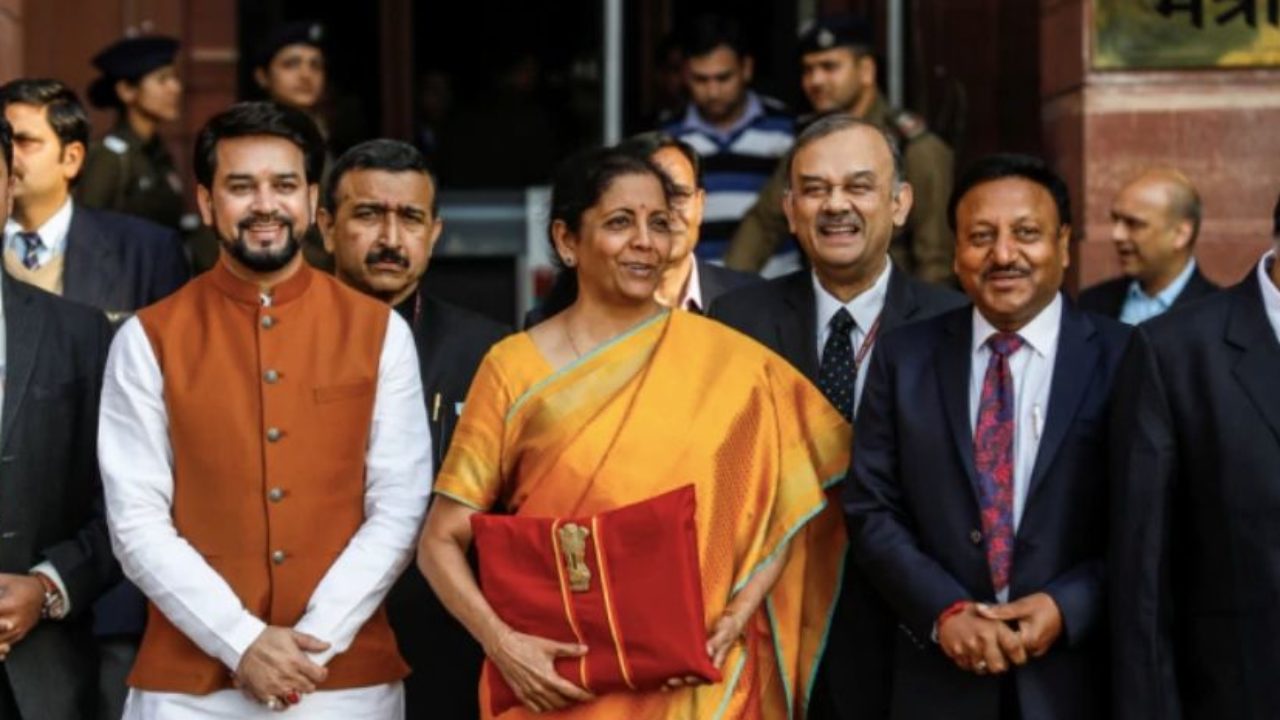The Uttarakhand government has passed a bill that provides 30% reservation to women in the state.

Sources close to the development have confirmed that the bill has been approved by the Uttarakhand governor as well.
Read on to find out all the details!
30% Reservation For Women: Women Reservation Bill Passed in Uttarakhand
The state cabinet gave chief minister Pushkar Singh Dhami permission to introduce an ordinance on the topic of women’s reservation in state government jobs on October 12.
Lt Gen (Retd) Gurmit Singh, the governor of Uttarakhand, has approved the bill granting women 30% of the state’s employment, according to officials.
The bill giving domiciled women citizens of the state a 30% horizontal reservation has been approved by the governor, according to officials informed of the developments in the governor’s residence.
As per reports, the Uttarakhand assembly passed the bill granting 30% horizontal reservation to state-domiciled women citizens on November 30 during the winter session.
In accordance with the Uttarakhand Public Services (Horizontal Reservation for Women) Bill 2022, women candidates with a permanent address in Uttarakhand will receive 30% horizontal reservation up until July 24, 2006, and 20% horizontal reservation before that.
The bill elaborated on the need for reservations for women, stating that, “in order to ensure social justice, equality of opportunity, improvement in living standards, a bill is proposed to provide 30% horizontal reservation to the women of the Uttarakhand in state services.”
State Dwelling Women Given 30% Reservation
The state cabinet gave chief minister Pushkar Singh Dhami permission to introduce an ordinance on the subject of women’s employment preference on October 12.
The action was in response to developments in the Supreme Court, where the women’s reservation was under scrutiny.
The 2006 state government order providing 30% reservation in state services to women with state-resident domiciles was stayed by the Uttarakhand High Court on August 24 until further orders.
The petitioners had contested the government order from July 24, 2006, which gave state-dwelling women a 30% reservation.
The petitioners’ attorney, Kartikeya Hari Gupta, argued in court that the state government lacked the authority to offer domicile-based reservations because the Indian Constitution only permits such reservations when enacted by an act of parliament.
According to him, the 2006 state government order was against Articles 14, 16, 19, and 21 of the Indian Constitution.












